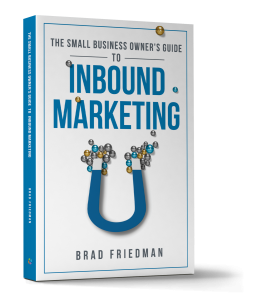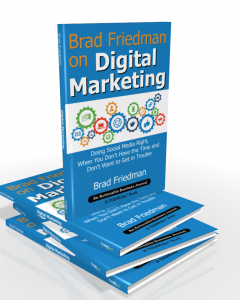In its brief history, the internet has brought about some truly astounding changes. Not the least of these is the sheer number of people with whom we interact online. Many of our online acquaintances are people we've never even met in person and probably never will. At other times, we may meet someone briefly, perhaps at a business function and exchange contact information. At this point, our interaction becomes entirely virtual, perhaps on a site such as LinkedIn. What are the implications of this new web-based reality and how will it play out in the future?
Meeting People Online
In a world in which our days are filled with email, text messages, and chat messengers (e.g., Facebook Messenger, WhatsApp, etc.), it can be hard to remember that such things were practically unknown a mere 25 years ago. As millennials enter their 40s and members of Generation Z grew up with smartphones, the pre-digital age is quickly receding into the past inhabited by landlines, telegrams, and the horse and buggy. Most of us, even if we're old enough to remember the world before the internet, simply take the following realities for granted:
- Talking to people from distant locations who you may never meet in person.
- Connecting with strangers because they are friends of friends or acquaintances. This can mushroom into a whole network of people you've only met online.
- Having a wide choice of platforms and devices with which to talk to someone.
- Expecting nearly immediate responses to messages.
- Being “connected” 24/7 as you receive notifications on your phone whenever you get an email, Facebook notification, text, or any type of communication.
Pros and Cons of Online Interactions
It's hard to deny there are both advantages and drawbacks to our brave new world of Internet-based communications. For the sake of clarity, let's limit our exploration to people we only or primarily talk to online (as opposed to sending an email or message to your spouse or child before seeing them later the same day).
Pros
- Meet new business contacts. Whether you're selling products via an e-commerce site, selling services such as web design or SEO, or fundraising on a site such as Kickstarter or GoFundMe, the internet has opened up a world of new possibilities for doing business.
- Personal connections. You can meet new friends, people with whom you share interests, or even your future spouse online.
- Accountability. Despite the impersonal quality of most online interactions, the practice of reviews and ratings has created a kind of accountability that was hard to find before the internet. You can quickly get valuable information about any business based on customers' experiences.
Cons
- A decline of in-person contacts. When you can do almost everything from home (work, shopping, entertainment), the internet can isolate us from in-person contacts.
- Miscommunication. In some ways, it's easier to misunderstand others when talking online. When you're typing and not seeing someone's face, it's easy to miss social cues such as body language and tone of voice. This may be why recent research suggests that many millennials lack social skills.
- Lack of trust and accountability. As noted, the internet provides tools to increase trust and responsibility. At the same time, when people abuse the system (e.g., create fake reviews), there's the potential for deception. Fraudulent schemes, while certainly not confined to the internet, are easier to manufacture than ever before.
As you can see, the pros and cons are mirror images of one another. The same forces that make it so easy to connect with others also create potential problems. The internet can bring people together in one sense while isolating us in others. It can create new types of trust and accountability while also making it easier to get fooled or scammed.
Social scientists are studying the effects of the internet. A new field of study, known as computer-mediated communication, explores the distinct characteristics of such interactions. Since it's relatively early in the history of online interactions, only time will reveal the long-term effects. However, it's certain that technology will continue to evolve and create new types of connections and communications. It's important that we keep an open mind and see what advantages we can gain from these possibilities while remaining alert to potential dangers as well.
For more information about digital marketing, or to schedule your free digital marketing consultation, please call 720.248.8185, e-mail info@friedmansocialmedia.com, or click here.
Please note: The Friedman Group is an inbound marketing agency based in Denver, Colorado, and we work with professionals and business owners across the U.S. Our digital marketing services include: inbound marketing, social media marketing, email marketing, and digital marketing strategy and implementation.



 )
 )










